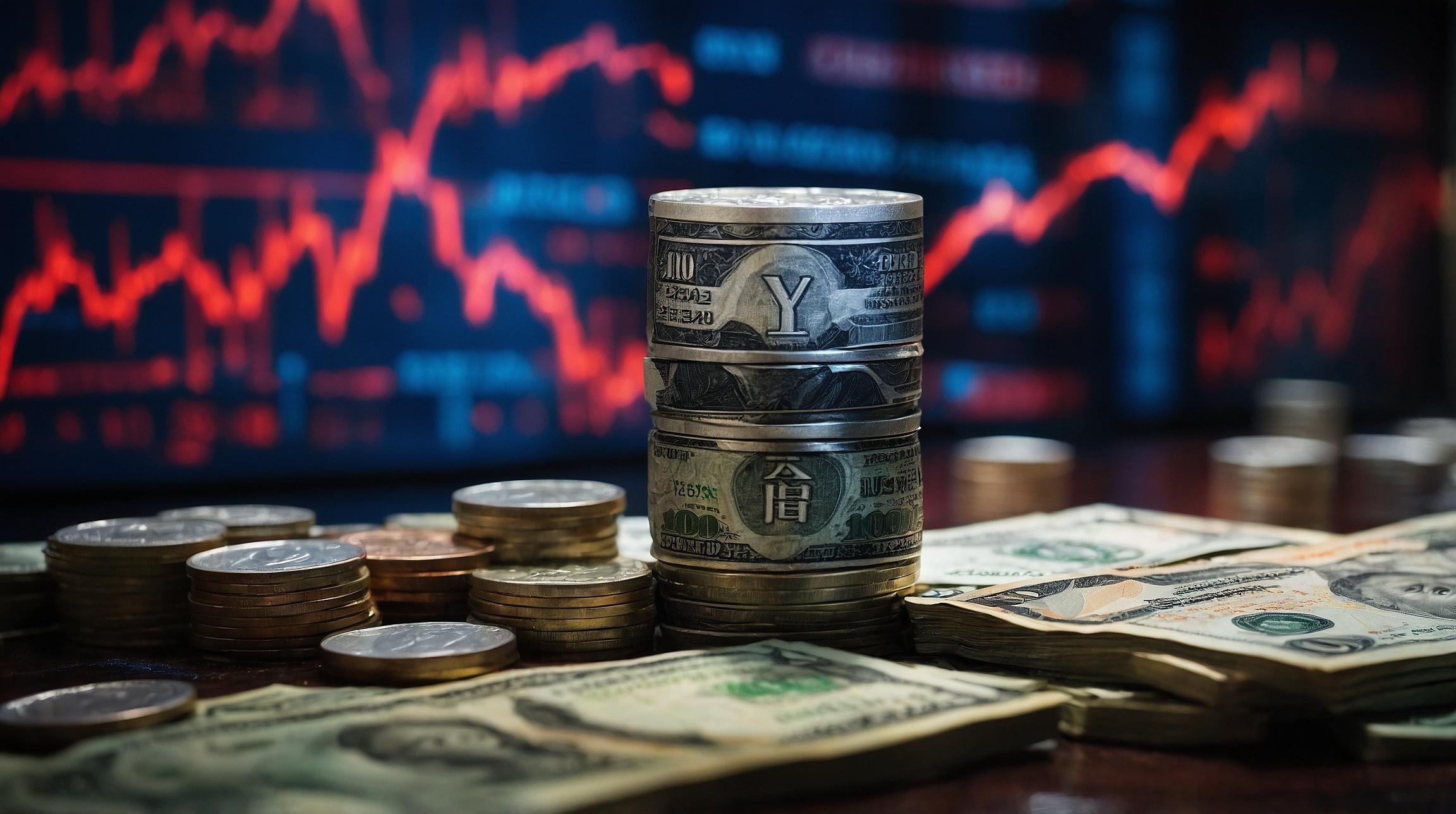Understanding the Yen Carry Trade
The yen carry trade is a financial strategy that has recently gained attention due to its impact on global markets. It involves borrowing money at low interest rates in Japan and investing it in markets with higher returns, such as the US dollar, emerging markets, or tech stocks. This strategy can significantly influence market stability when large numbers of investors decide to exit these trades suddenly.
How the Yen Carry Trade Works
The core idea of the yen carry trade is to take advantage of the interest rate differential between Japan and other countries. Japan typically offers low borrowing costs, allowing investors to use the yen to purchase assets in countries with higher interest rates, thus profiting from the difference, known as the "carry." However, this strategy can become risky if the Japanese yen appreciates suddenly, or if the interest rate gap between countries narrows.
Recent Developments and Concerns
Recently, the yen carry trade has come under scrutiny due to several economic factors. The Bank of Japan's unexpected interest rate hike in July raised alarms about further increases, which could make yen borrowing less attractive. Simultaneously, concerns about a potential US recession and anticipated interest rate cuts by the Federal Reserve have reduced the rate advantage that these trades rely on. Moreover, declining confidence in the tech sector, particularly AI, has added to the uncertainty.
Types of Yen Carry Trades
UBS strategists highlight three main types of yen carry trades:
Fast Money: Involves highly leveraged positions, often using futures contracts. These trades are volatile and have mostly been unwound as the yen's value increased.
Semi-Fast Money: Involves borrowing yen to invest in higher-yielding assets like stocks. There has been a noticeable increase of about $94 billion in yen loans since mid-2022, aligning with changes in the interest rate gap between Japan and the US.
Sticky Money: Consists of long-term investments by Japanese institutions like pension funds. These investments are considered stable and unlikely to be repatriated quickly.
Why the Yen Carry Trade Matters
Understanding the yen carry trade is crucial because of its potential to affect global financial markets. While some claim the risk is in the trillions, UBS suggests that the actual trades at risk are smaller. The main concern lies with the semi-fast money trades, which are more susceptible to sudden market shifts.
In conclusion, while the yen carry trade can be profitable, it carries risks that investors must consider, especially in times of economic uncertainty. It's essential to monitor interest rate changes, currency movements, and market trends to make informed investment decisions in this context.













